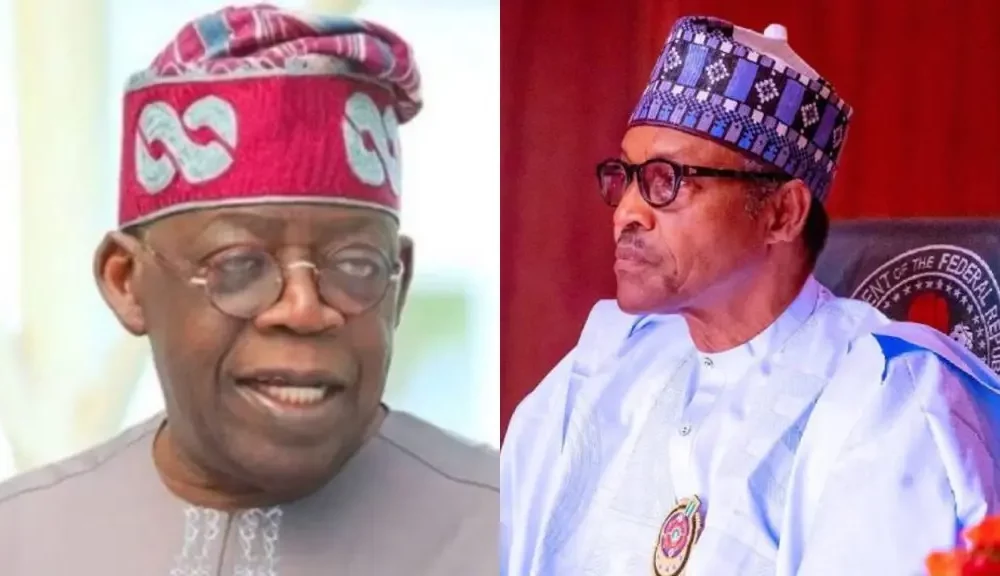Allegations of extensive fraudulent activities within the National Social Investment Programme Agency (NSIPA) and the Ministry of Humanitarian Affairs and Poverty Alleviation have led to demands for President Bola Tinubu to investigate the actions of his predecessor, former President Muhammadu Buhari. Buhari established NSIPA in 2016 to implement the National Social Investments Programmes (NSIP) aimed at addressing poverty and hunger in Nigeria. NSIPA operates under the Ministry of Humanitarian Affairs and Poverty Alleviation, also created by Buhari’s administration in 2019.
Concerns have been raised by various stakeholders, including civil society organizations and political activists, asserting that these institutions, NSIPA and the Ministry, have become synonymous with corruption. The Economic and Financial Crimes Commission (EFCC) detained and questioned former Minister Sadiya Umar-Farouq and suspended NSIPA National Coordinator Halima Shehu over alleged corruption involving N37.1 billion social intervention funds.
In response to the mounting fraud allegations, President Tinubu has suspended the chief executives of NSIPA, Betta Edu, and Halima Shehu. Additionally, all four NSIPA programs, namely N-Power, Conditional Cash Transfer, Government Enterprise and Empowerment, and Home Grown School Feeding, have been suspended for six weeks. Tinubu aims to reform the agency, citing operational lapses and improprieties in payments to beneficiaries.
While many commend Tinubu for his swift actions, there are calls for a broader probe into the Buhari administration. Critics argue that corruption has become rampant under Buhari’s government, and investigating the preceding administration is crucial for addressing systemic issues. However, some experts express skepticism, noting that Nigerian presidents typically avoid holding their predecessors accountable, creating an unwritten rule that hinders such investigations. Despite the calls for a broader probe, it remains uncertain whether Tinubu will pursue an inquiry into the Buhari government’s actions.
